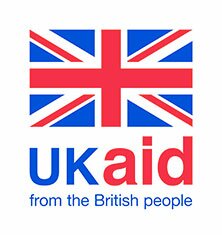COVID-19
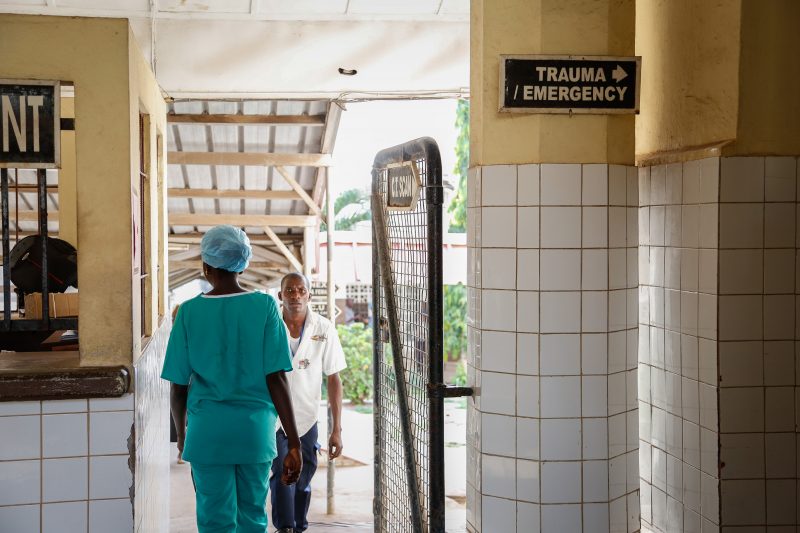
Credit: Simon Davis/DFID
Sierra Leone’s response to COVID-19 has been built on its experience of managing Ebola, but has faced a series of institutional and operational challenges that have influenced these efforts. This working paper reviews the first three months of the outbreak in Sierra Leone, exploring challenges and offering insights for Maintains and others wishing to support the response. Authored by Kevin Grieco, Yasmina Yusuf and Niccoló Meriggi.



Credit: Simon Davis/DFID



Credit: Russell Watkins/DFID
As the number of COVID-19 cases in Kenya continues to rise, this article examines the response of the Government, the impact on essential services, and recommendations for response and recovery.



Credit: Russell Watkins/DFID
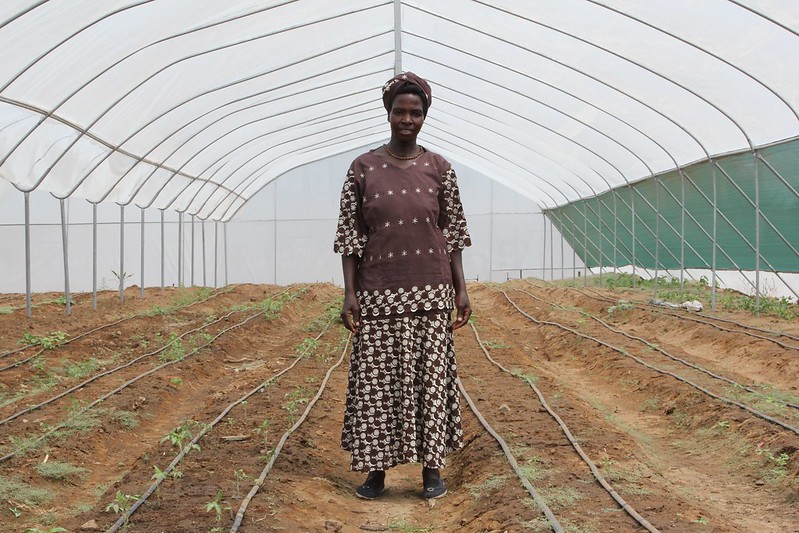


Credit: Marisol Grandon/DFID
The COVID-19 pandemic will mean many more millions of people will not have enough to eat, with predictions that some 265 million people could be pushed into acute food insecurity. This rapid literature review explores strategies to address the short and longer term impacts of malnutrition caused by the pandemic.



Credit: Marisol Grandon/DFID
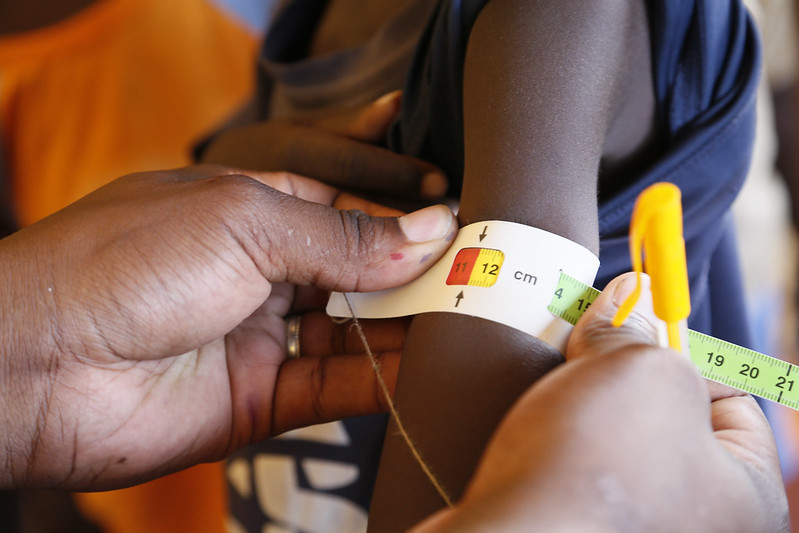


Credit: Russell Watkins/DFID
The COVID-19 pandemic will cause the already significant numbers of people who do not have enough to eat to rise, with predictions that some 265 million people could be pushed into acute food insecurity. This rapid literature review explores strategies to address the short and longer term impacts of malnutrition caused by the pandemic.



Credit: Russell Watkins/DFID



Credit: Pippa Ranger/DFID
In the wake of the COVID-19 pandemic, education provision has been disrupted at an unprecedented scale. This summary outlines some of the key findings and recommendations from a rapid literature review on the impact of health shocks on education.



Credit: Pippa Ranger/DFID



Credit: Lindsay Mgbor/DFID
In the wake of the COVID-19 pandemic, education provision has been disrupted at an unprecedented scale. This rapid literature review draws lessons from the global experience on the direct and indirect impacts of a pandemic like COVID-19. Authored by Shrochis Karki.



Credit: Lindsay Mgbor/DFID
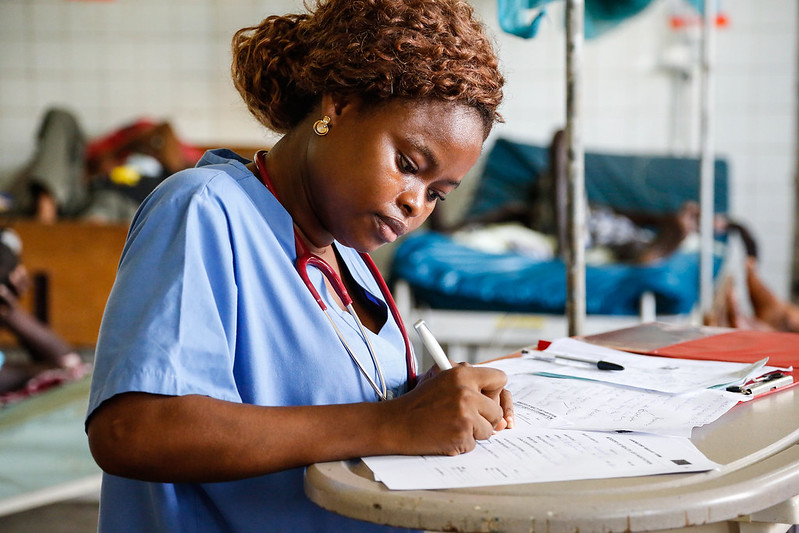


Credit: Simon Davis/DFID
The response to the emerging COVID-19 crisis has exposed existing fault lines within our health systems. In particular, it has revealed how health systems reflect gender bias, both in terms of the position female staff occupy and in the way services are delivered to women.



Credit: Simon Davis/DFID



Credit: Robert Yates/DFID
This rapid study reviews the literature on how a health crisis such as an epidemic has adverse implications for gender, especially for women. It includes recommendations for designing and executing interventions both in response to the COVID-19 crisis and in creating resilient systems going forward. Authored by Gunjan Jhunjhunwala and Vinaya Padmanabhan.



Credit: Robert Yates/DFID
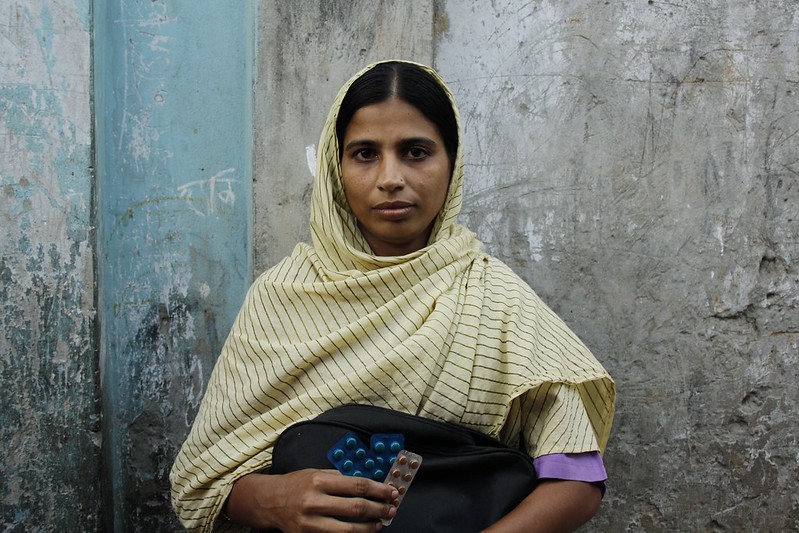


Credit: Lucy Milmo/DFID
Community health workers (CHWs) are central to the delivery of essential health services and indispensable during health emergencies. This summary of a rapid literature review on CHWs identifies opportunities to strengthen their role in shock-responsive health systems.



Credit: Lucy Milmo/DFID



